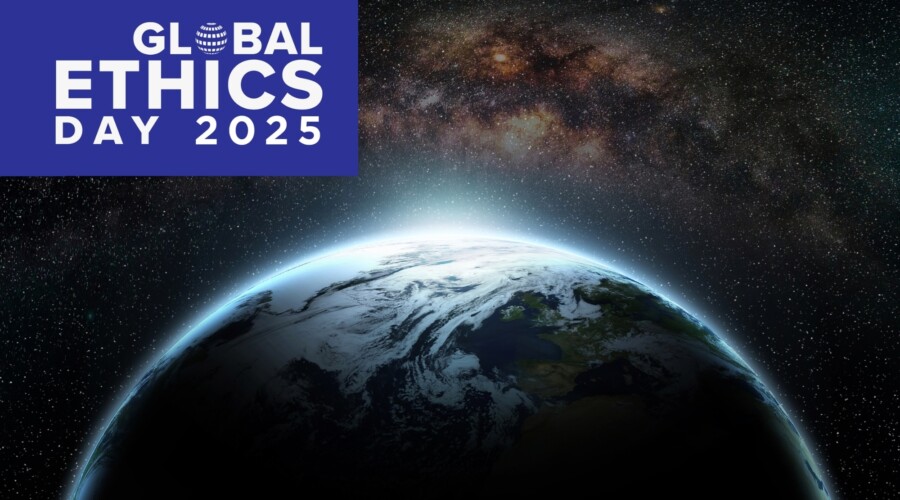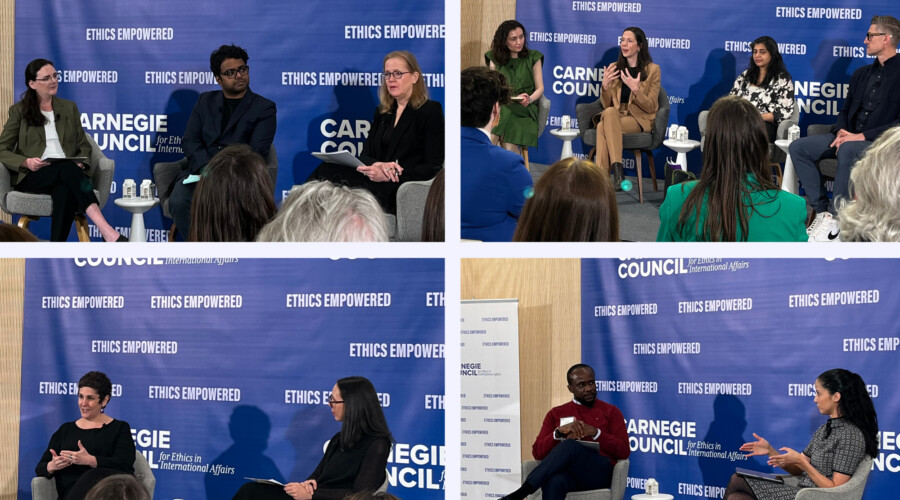As the centennial of the death of Andrew Carnegie approaches in 2019, the institutions he founded are organizing a series of programs to celebrate Carnegie's legacy and address the national and international challenges ahead. Carnegie institutions in New York, Washington, Pittsburgh, California, and Europe will sponsor events over the next 18 months to commemorate Andrew Carnegie's lasting achievements in peace, education, the arts, science, culture, and philanthropy. The series will culminate with the Carnegie Medal of Philanthropy awards in October 2019.
According to Carnegie Corporation of New York President Vartan Gregorian, "The legacy of Andrew Carnegie celebrates the power of the individual, enabled and empowered to live freely and to think independently, as well as the power of an educated citizenry and a strong democracy. In this way, democracy, education, knowledge, freedom, and international peace are necessary ingredients to a healthy society."
On this 100th anniversary of Andrew Carnegie's death, the Carnegie institutions honor his life by asking and answering a central question: What needs to be done now to strengthen the case for democracy and peace, as well as the values and institutions that uphold those ideals?
To kick off the series, Carnegie Corporation of New York and Carnegie Council for Ethics in International Affairs—the two New York City-based Carnegie institutions—announce a lecture by Bruce W. Jentleson on his new book, The Peacemakers: Leadership Lessons from Twentieth-Century Statesmanship.
The Peacemakers covers a broad range of historical examples of leadership and peacebuilding, from Yitzhak Rabin's efforts for Arab-Israeli peace to Dag Hammarskjöld's effectiveness as secretary general of the United Nations and Mahatma Gandhi's pioneering use of nonviolence as a political tool.
At a time when peace seems elusive and conflict endemic, The Peacemakers makes a forceful and inspiring case for the continued relevance of statesmanship and diplomacy and provides practical guidance to 21st-century leaders seeking lessons from some of history's most impactful negotiators, activists, and trailblazers.
Dr. Jentleson is a professor of public policy and political science at Duke University, where he served as director of the Terry Sanford Institute. He is a leading scholar of American foreign policy and has held a number of U.S. policy and political positions. In 2015–16 he was the Henry A. Kissinger Chair in Foreign Policy and International Relations at the John W. Kluge Center at the Library of Congress.
A Carnegie Corporation of New York grant recipient for his Bridging the Gap project promoting greater policy relevance among academics, Dr. Jentleson also served as a trustee of Carnegie Council for Ethics in International Affairs.
The lecture will take place on Thursday, April 26, at 6:00 pm ET at Carnegie Council for Ethics in International Affairs in New York City. Streamed as a live webcast, the lecture will be made available as a video, podcast, and transcript. Access all these resources at www.carnegiecouncil.org.
The video can also be viewed on www.youtube.com/carnegiecouncil and the podcast will be available on iTunes and RSS feed.



